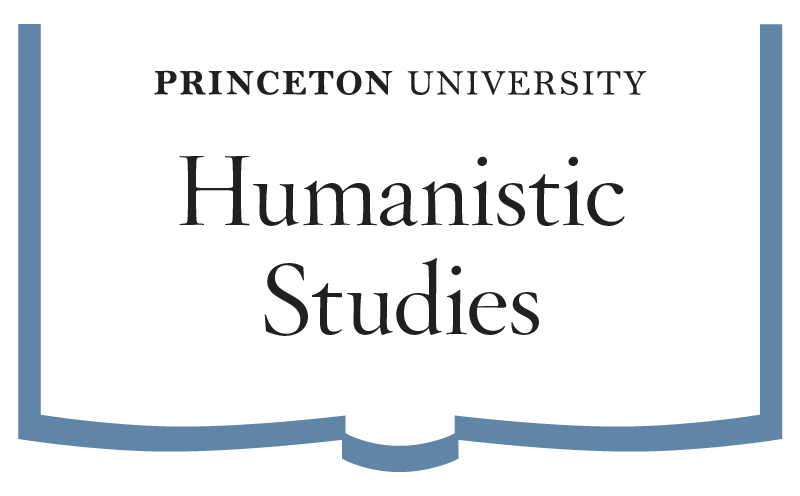mhyman@princeton.edu
I am a Comparative Literature concentrator pursuing certificates in Humanistic Studies, European Cultural Studies, Italian Language and Literature, and Medieval Studies.
Role(s) held in the Humanistic Studies Program:
Certificate student, Head Symposiarch, Humanities mentor, Behrman Undergraduate Society of Fellows
Activities on campus:
On campus I am the Design Editor for the Nassau Weekly and I am a baroque cellist in the Early Music Program. I’m also regularly involved in a variety of other music and musical theatre productions, including as ethics chair of the Princeton Triangle Club. In addition to this I am co-president for the Princeton chapter of international charity Solidaritee.
Why I decided to study the humanities:
For me, finding the narrative has always been important. It’s a means of understanding the world that came before me, is around me, and is to come. I decided to study the humanities in order to learn how to critically analyse and investigate such narratives in a variety of ways.
What I have gained from the humanities:
Studying the humanities at Princeton has opened me up to an inspiring community of students and professors. It’s also encouraged me to explore a range of disciplines, even ones that I had initially been more hesitant about. I’ve loved exploring links between music, art and literature for some time, but increasingly I’ve started to look further at the intersections between the humanities and the sciences. Studying the humanities has inspired me to search for the moments of connection among disciplines, individuals and times.
HUM Sequence fall break trip:
I went to Greece with Professors Baraz and Rentzou in the fall of 2019. The experience was a wonderful opportunity to collectively experience some of the spaces that we had read about together throughout the year. My research project was focused on studying the relationship between the studio of Nikos Ghikas and his artwork. I had been fascinated by the art of Ghikas and the environment of Greece in the mid-20th century for some time. Being able to spend time in an almost perfectly preserved space of one of Greece’s most prominent thinkers and artists was truly special.












